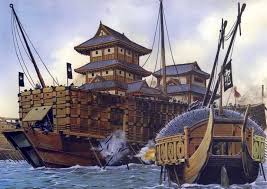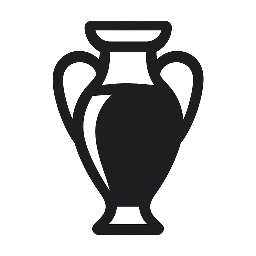Your basket is currently empty!
Category: Timeline Stories
-

138 – Death of Roman Emperor Hadrian On July 10, 138, Roman Emperor Hadrian passed away at his villa in Baiae, Italy, marking the end of a sixteen-year reign . Known for consolidating and fortifying the Roman Empire, Hadrian traveled extensively throughout his realm. He commissioned major constructions like Hadrian’s Wall in Britain and rebuilt the Pantheon in Rome.…
-

1609 – Bohemia Granted Religious Freedom (Letter of Majesty) On July 9, 1609, Emperor Rudolf II issued the Letter of Majesty, granting religious freedom to Protestant nobles in the Kingdom of Bohemia. This significant decree allowed worship and built churches for Hussites and Lutherans, reducing sectarian tensions. It marked a watershed in the religious conflicts of the…
-

1497 – Vasco da Gama Sets Sail from Portugal On July 8, 1497, Portuguese explorer Vasco da Gama departed Lisbon with a fleet of four ships—including the São Gabriel and São Rafael—on a mission to reach India via the Cape of Good Hope. This expedition achieved the first direct sea route from Europe to Asia, changing global…
-

1124 – Siege and Fall of Tyre On July 7, 1124, Crusader forces successfully captured the city of Tyre after a 19-week siege during the First Crusade. The victory secured a vital port on the Mediterranean coast and bolstered the Kingdom of Jerusalem’s control over the Levant. Tyre’s strong fortifications and strategic island defenses made…
-

1415 – Jan Hus Executed for Heresy On July 6, 1415, Czech religious reformer Jan Hus was burned at the stake in Constance, Germany. He was convicted of heresy by the Council of Constance for challenging the authority and corruption of the Catholic Church. Hus advocated for Bible translation and criticized indulgences. His trial was…
-

1687 – Newton’s Principia Mathematica Is Published On July 5, 1687, Isaac Newton’s groundbreaking work, Philosophiæ Naturalis Principia Mathematica, was formally published after being funded and edited by Edmond Halley .This masterpiece introduced Newton’s three laws of motion and the theory of universal gravitation, revolutionizing natural philosophy . It provided the mathematical backbone for classical…
-

1453 – Battle for Constantinople Ends Although the city fell in May, July 4 marked Ottoman efforts to fortify and consolidate power in the newly conquered Constantinople. Sultan Mehmed II began transforming the Byzantine capital into a thriving Ottoman metropolis. Churches were repurposed, walls reinforced, and trade revived. The fall of Constantinople marked the end…
-

1326 – The First Gunpowder Rifle In 1326, historical records mention the first handheld gunpowder weapon. This marked a major milestone in military history, leading to the development of modern firearms. The early gun was a simple iron tube used to launch projectiles with explosive force. Though crude, it was revolutionary compared to bows and…
-

1789 – The Storming of the Bastille Is Announced Across France On July 2, 1789, news of the storming of the Bastille prison began spreading across France, stirring revolutionary fervor. Though the actual storming would happen on July 14, this announcement was a catalyst for wider rebellion. The Bastille was seen as a symbol of…
-

1863 – The Battle of Gettysburg Begins On July 1, 1863, the Battle of Gettysburg began in Pennsylvania during the American Civil War. It was one of the largest and bloodiest battles in U.S. history. Over three intense days, more than 50,000 soldiers were killed, wounded, or missing. The battle marked a major turning point…
